NGO criticises Swiss lack of action on multinational corruption
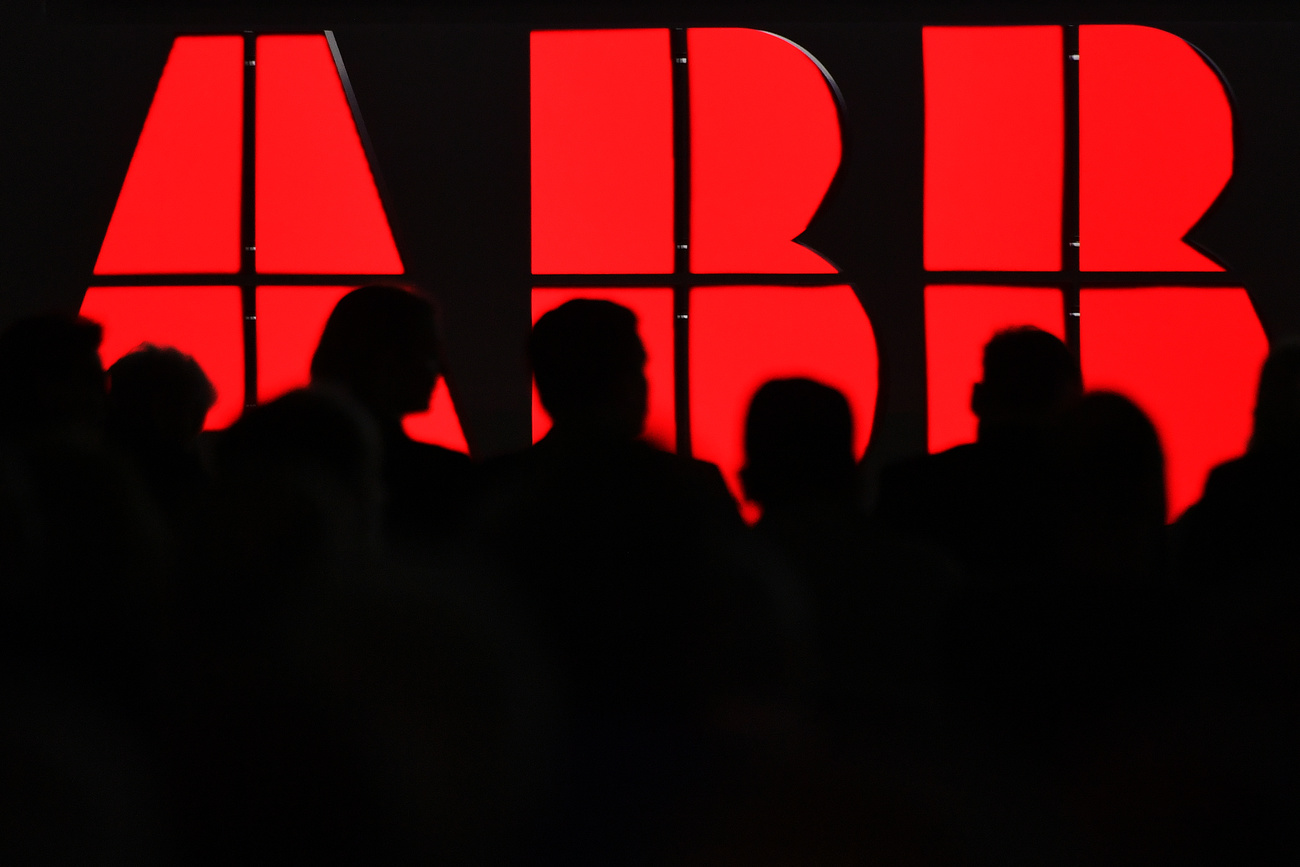
It’s not uncommon for Swiss-based companies to be involved in international corruption or money-laundering scandals. But it’s rare that they’re held accountable at home, NGO Transparency International writes in a new report.
On December 2 last year, Swedish-Swiss engineering firm ABB was fined CHF4 million ($4.31 million) by Swiss prosecutors after it was found guilty of industrial-scale bribery linked to the contract rights to build a coal-fired power plant in South Africa.
Indeed, since 2003, companies like ABB are liable to prosecution under the Swiss criminal code (article 102) if they are judged to have neglected to take the necessary measures to prevent serious cases of corruption or money laundering.
In practice however it’s rare that companies are chased by Swiss judges, Transparency International writes on FridayExternal link (report in French). The anti-corruption NGO finds that there have been just 10 such convictions in Switzerland over the past 20 years, even while studies – by the University of St GallenExternal link in 2016 and Chur University of Applied SciencesExternal link in 2012 – found that around 20% of Swiss multinationals have been linked to corruption.
“Swiss companies involved in big international corruption or money laundering scandals are generally held accountable abroad, but not in Switzerland,” says Martin Hilti, the director of the Swiss branch of Transparency International. For example, raw materials giant Glencore was recently forced to accept fines of over $1 billion in the US, UK, and Brazil due to fraud and corruption charges in Brazil, Cameroon, Nigeria, and Venezuela. In Switzerland, the Zug-based multinational has never been convicted.
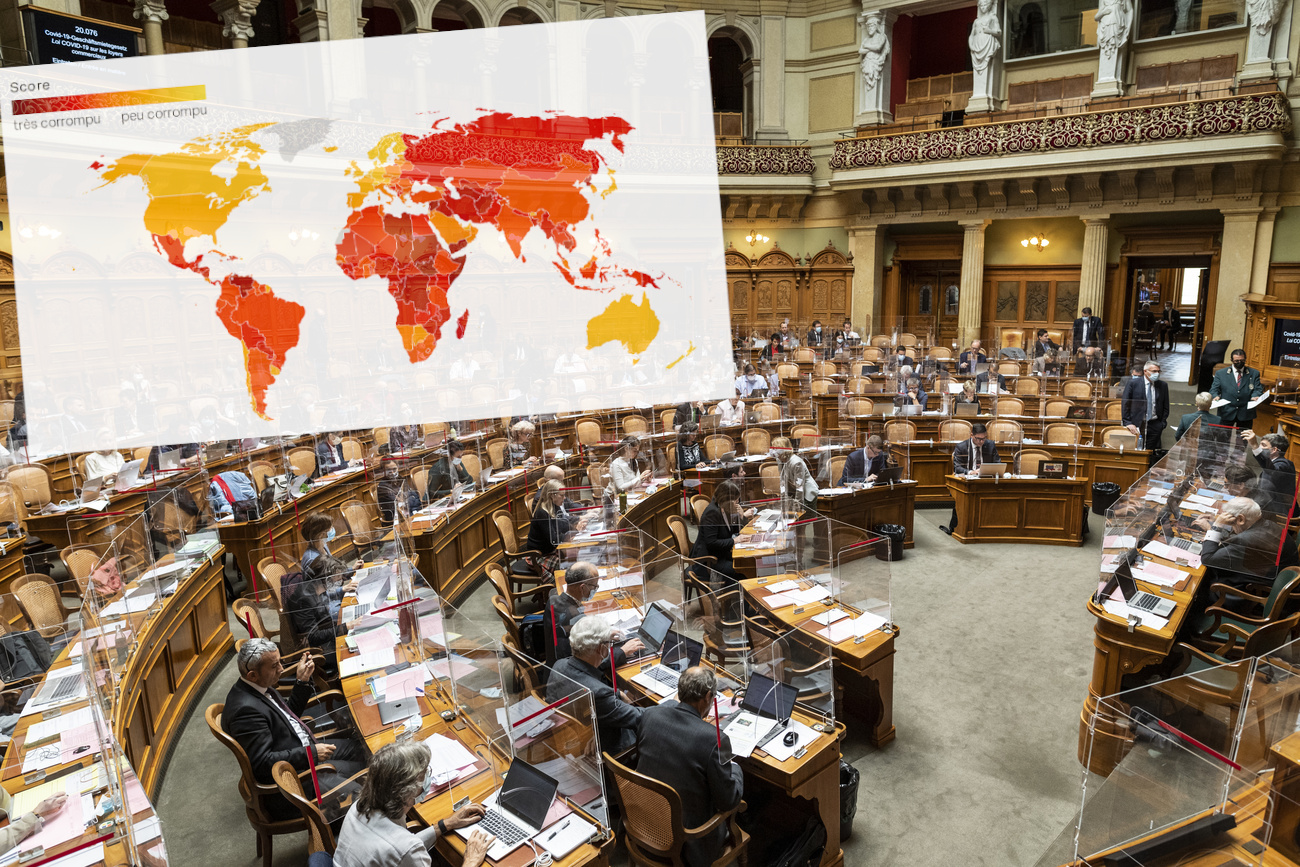
More
Transparency International: in fight against corruption, Switzerland can do better
Turning yourself in
Public prosecutors largely depend on the cooperation of companies involved, and even on the self-reporting of illegal actions, Transparency International says. Martin Hilti says that such cooperation can be a good deal for firms who have “entered the vicious circle of corruption and who need the [help of the] justice system to get back out again”.
In Switzerland however, companies don’t have enough incentives to report such issues and to cooperate with judges. Only one prosecution by the Swiss Office of the Attorney General (OAG) has come about thanks to company self-reporting – KBA NotaSys, a banknote printing firm that was handed a symbolic fine of CHF1 in 2017 due to bribery cases in Brazil, Morocco, Nigeria, and Kazakhstan.
Transparency International says that in Switzerland “the legal predictability and security guarantees needed for cooperation are lacking, because prosecutors lack clarity and a uniform approach on essential points”.
“The impression is that criminal provisions are applied differently depending on the prosecutor involved. This creates too much uncertainty for companies,” Hilti says.
Clear and binding rules
To help change this, the NGO wants public prosecutors to publish publicly accessible and binding directives about their methods of enforcing corporate criminal liability. Firms which self-report and cooperate should also gain some advantages when it comes to penalties and the type, and length of legal action involved.
Transparency International published another report in 2021 about how to improve the rules around such corporate criminal liability, proposing – among other measures – to raise the upper limit for fines above the current CHF5 million.
However, policymakers have thus far not taken such steps, and in its report published on Friday, the NGO concentrates on how to improve the application of current rules.
“The measures we are proposing are simple, and can be introduced without changing the legal framework,” says Hilti.
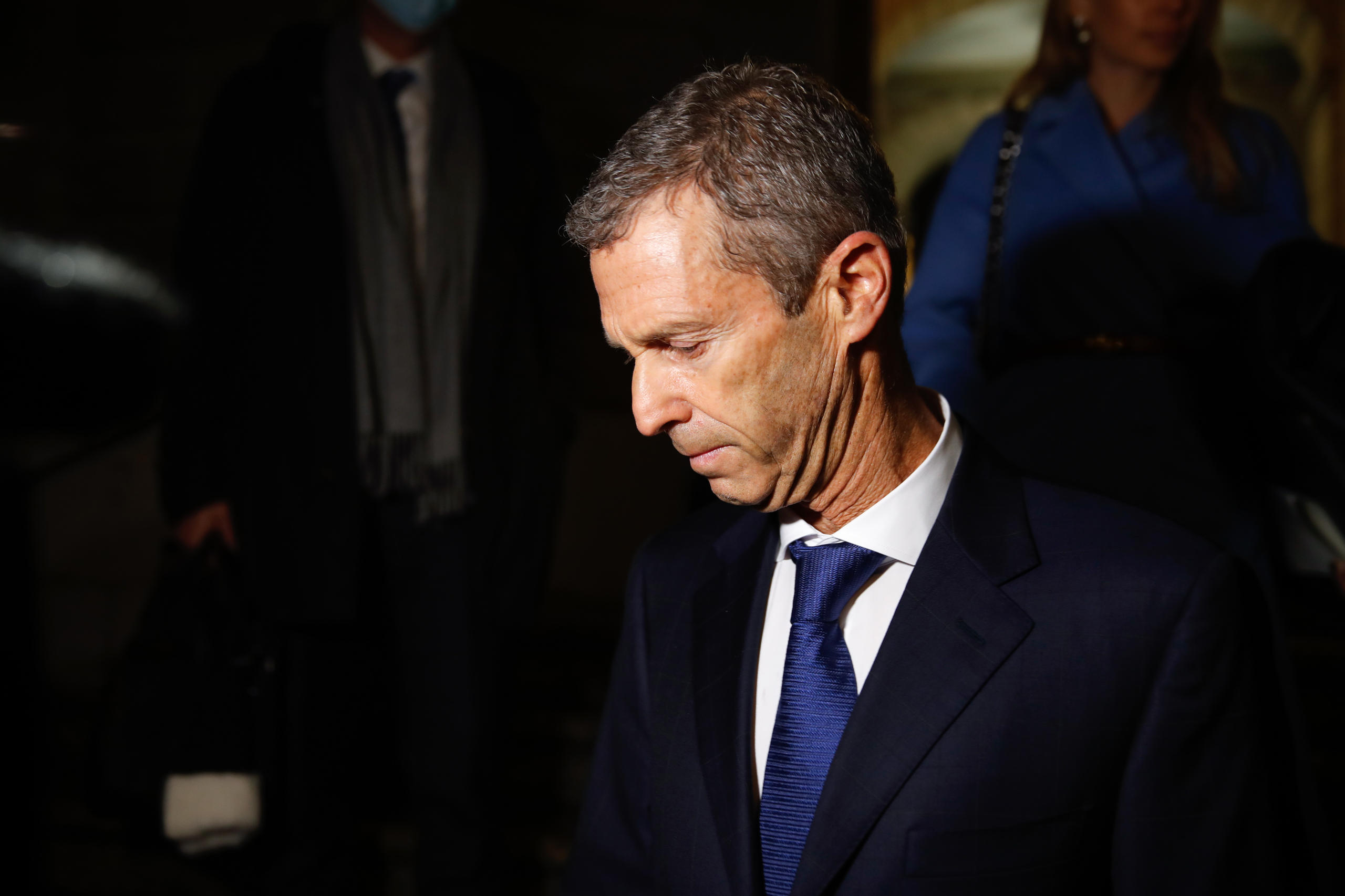
More
How a mining corruption trial could be a turning point for dodgy offshore companies
Attorney General’s response
For its part, the OAG told SWI swissinfo.ch that it had taken note of Transparency International’s criticism. However, the criticism is “surprising”, the OAG wrote, given that the same NGO, in its Exporting Corruption 2022External link report, cited Switzerland as the only European country to guarantee an active application of the OECD’s Convention on Combating Bribery of Foreign Public Officials in International Business Transactions.
The OAG also said it was in favour of changes to guarantee a credible legal process for companies under investigation. Since entering office, current attorney general Stefan Blättler has maintained that the CHF5 million maximum fine outlined in the Criminal Code is insufficient. Blättler even told the Le Temps newspaper that the CHF5 million cap was “ridiculous”.
“Our laws should be dissuasive. For a company making billions in profit, such a fine is not a deterrence,” he said.
Via a revision of the Swiss Criminal Procedure Code, currently under discussion in parliament, Blättler also backs the idea of “delayed indictments”: an extra-judicial convention that allows indictments to be postponed for a certain length of time. If a company under scrutiny meets the demands of the OAG during this period, charges could be dropped.
Blättler also wants adequate legislation for whistle-blowers, which would also incentivise self-reporting by multinationals.
“It’s not up to the OAG to change the legal framework, it falls to parliament to revise the law to ensure companies assume better criminal responsibility,” the OAG wrote in its response.
Adapted from French by Domhnall O’Sullivan

In compliance with the JTI standards
More: SWI swissinfo.ch certified by the Journalism Trust Initiative

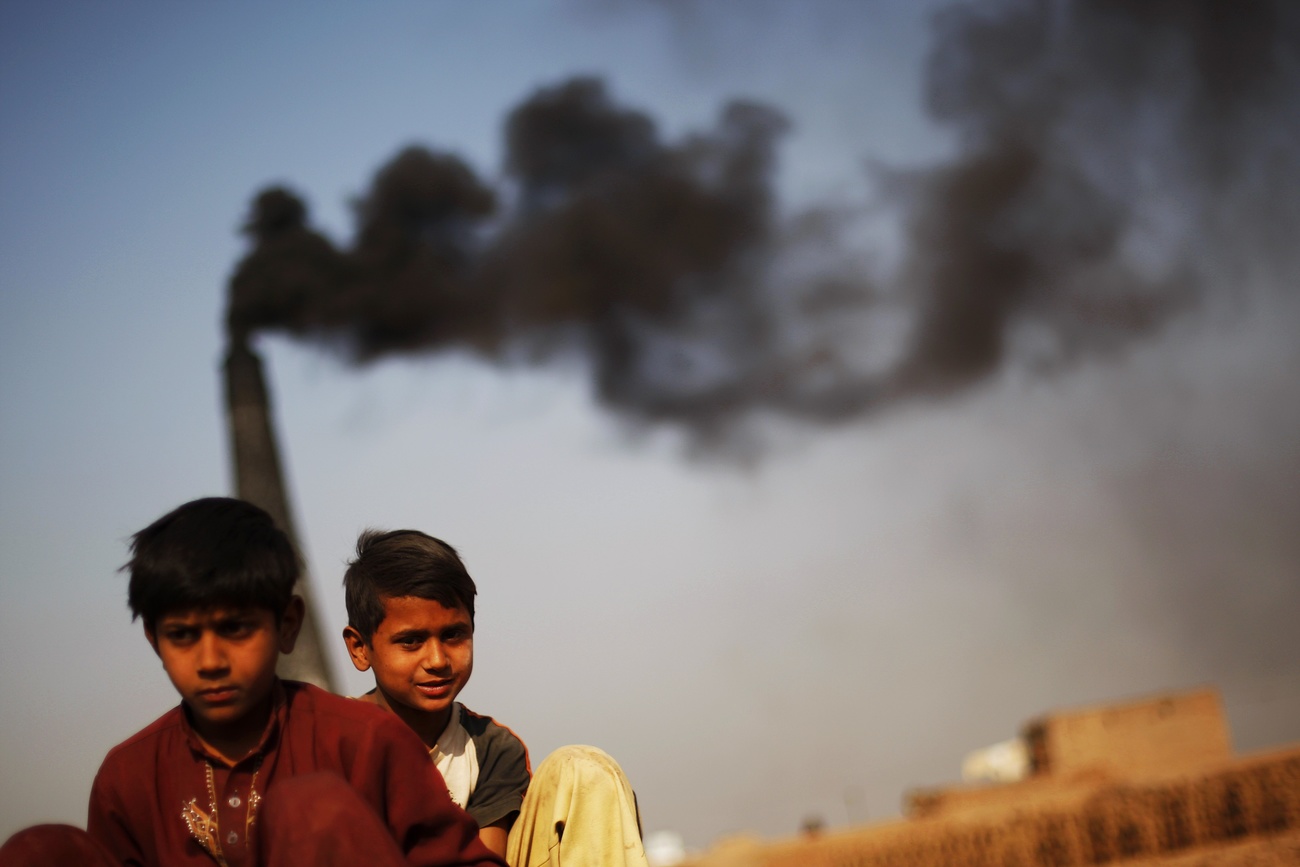
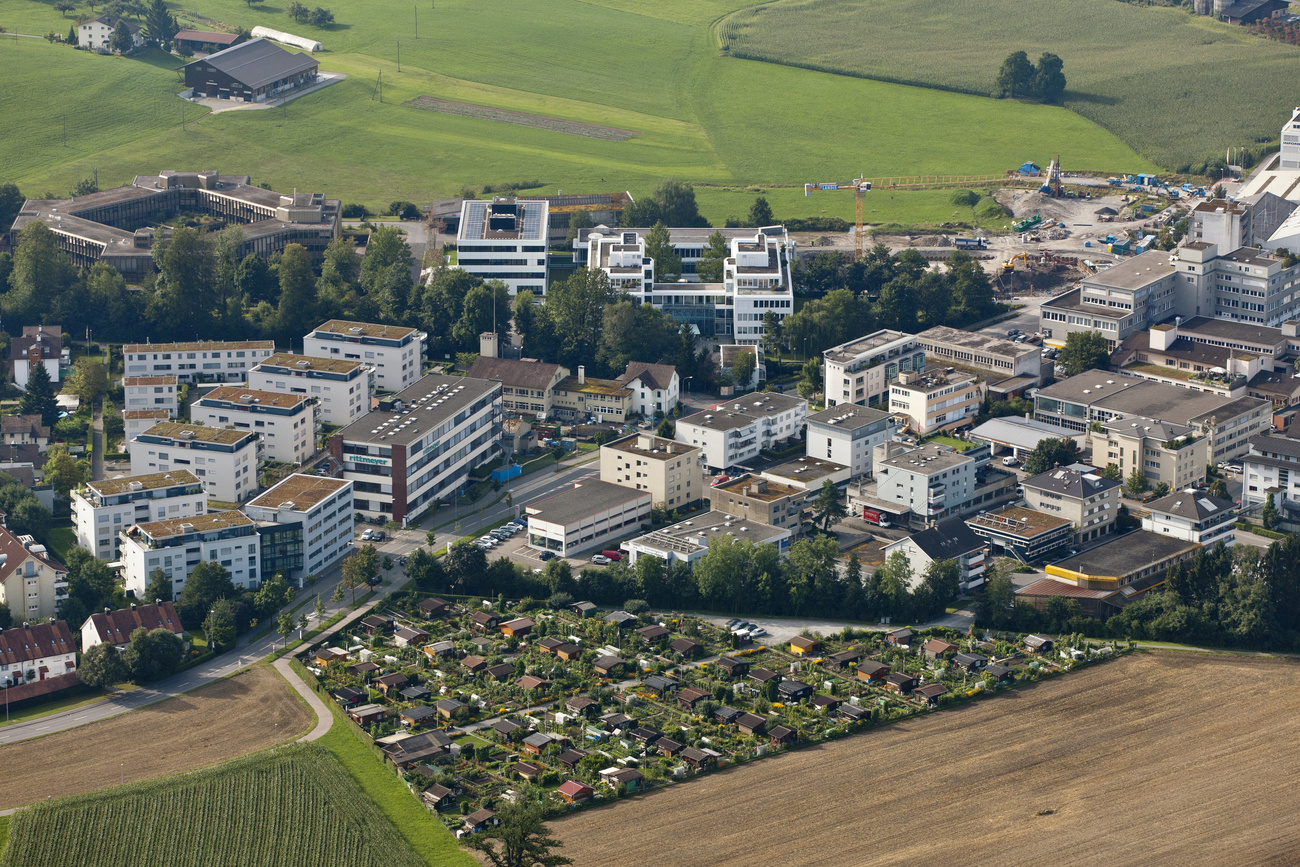
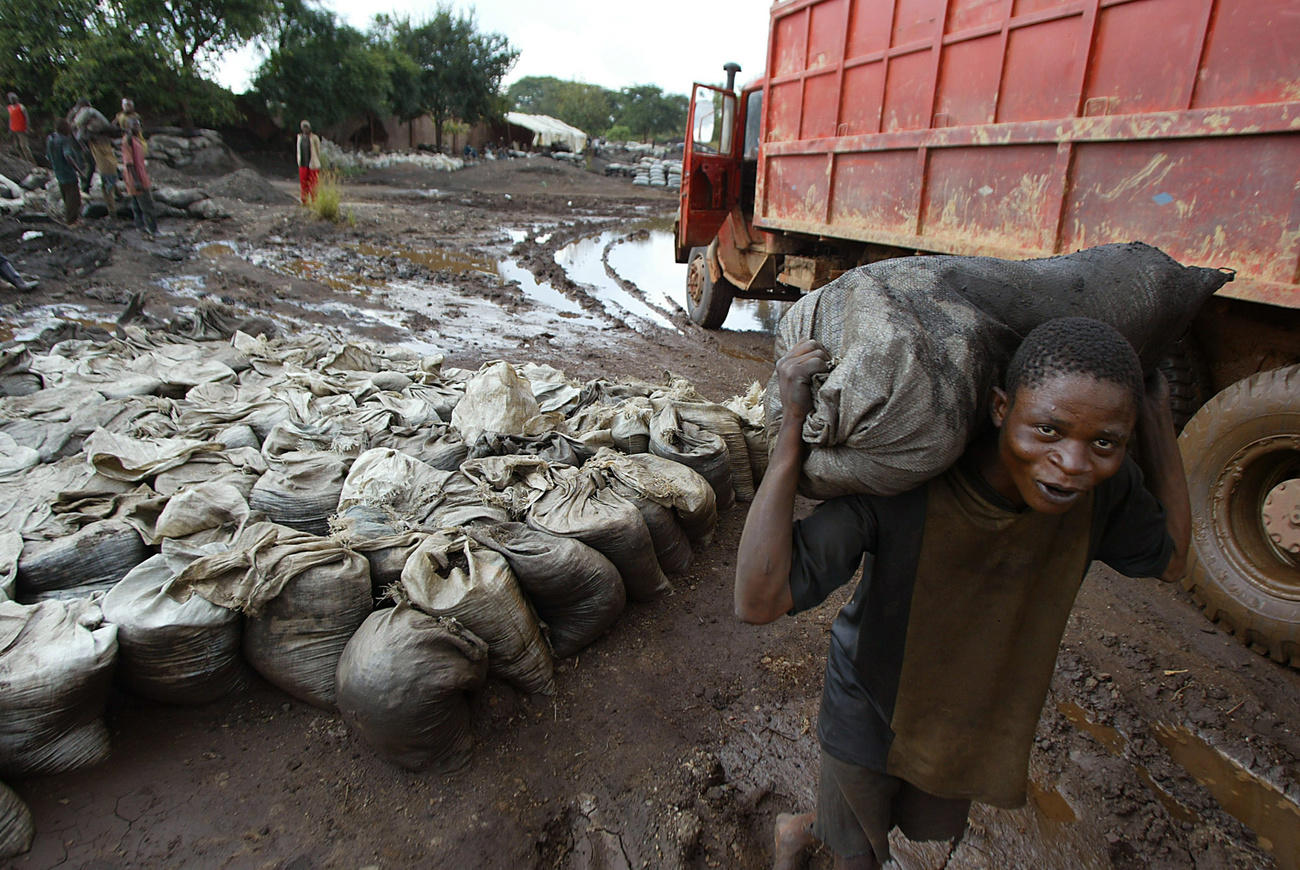
You can find an overview of ongoing debates with our journalists here. Please join us!
If you want to start a conversation about a topic raised in this article or want to report factual errors, email us at english@swissinfo.ch.